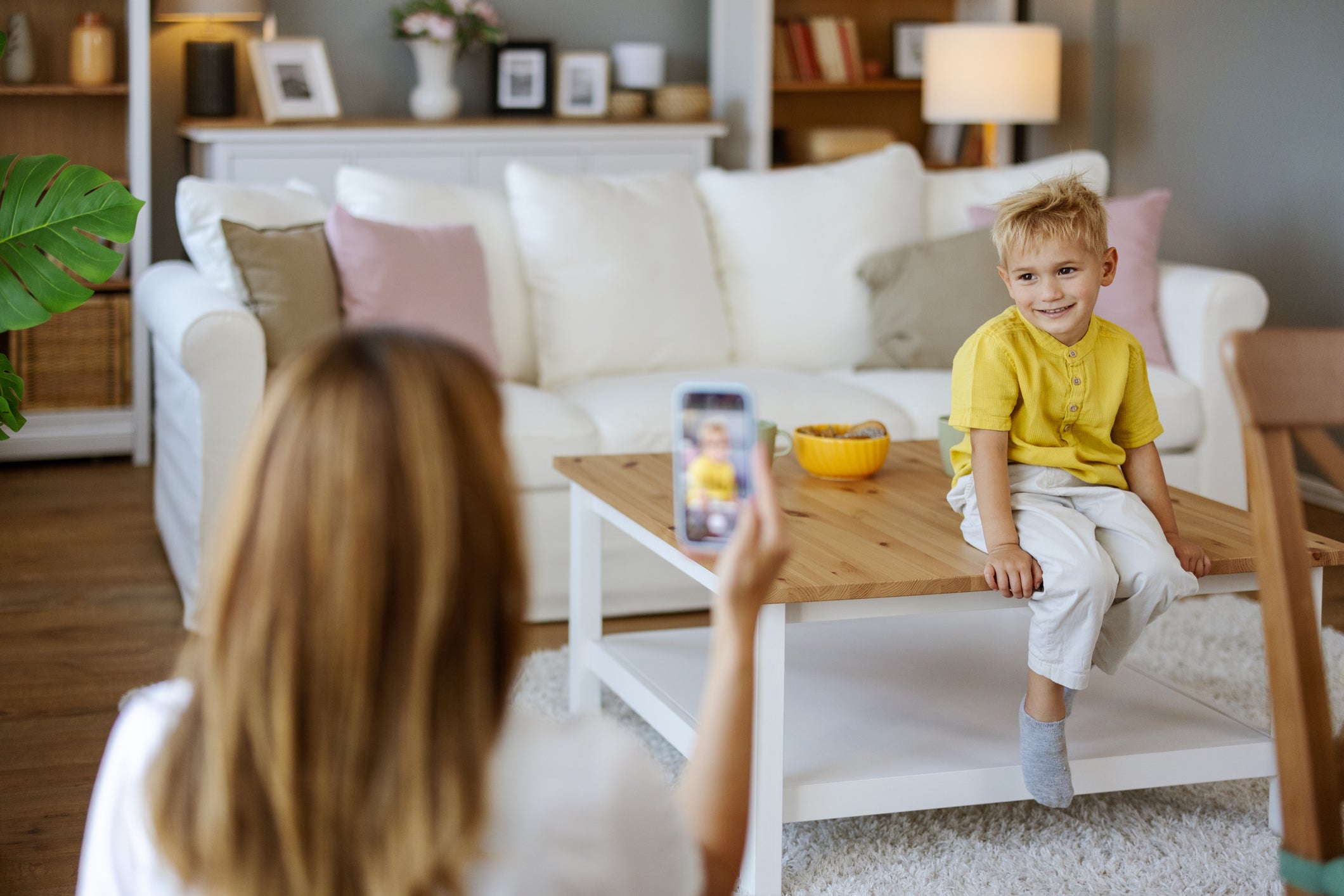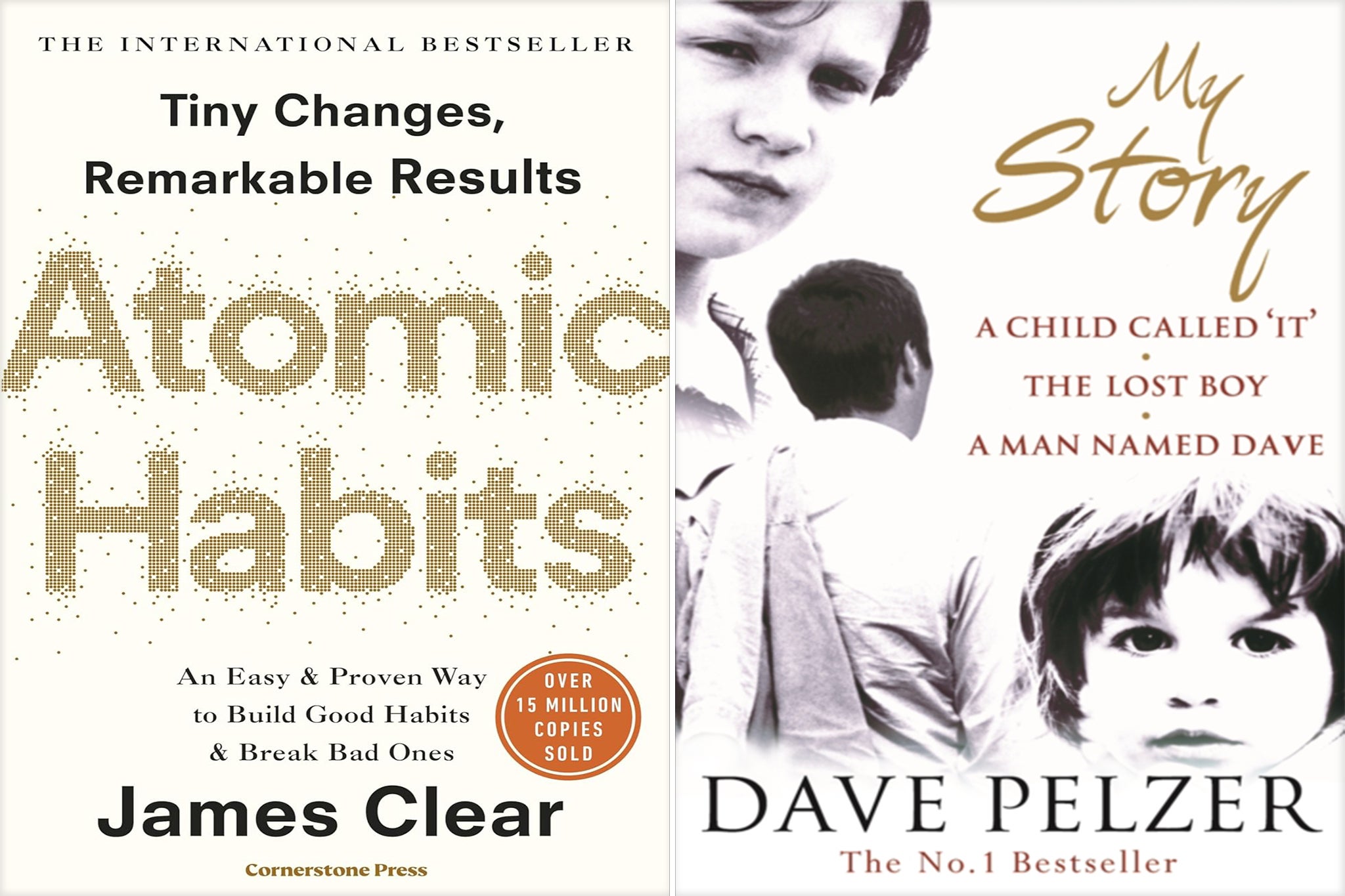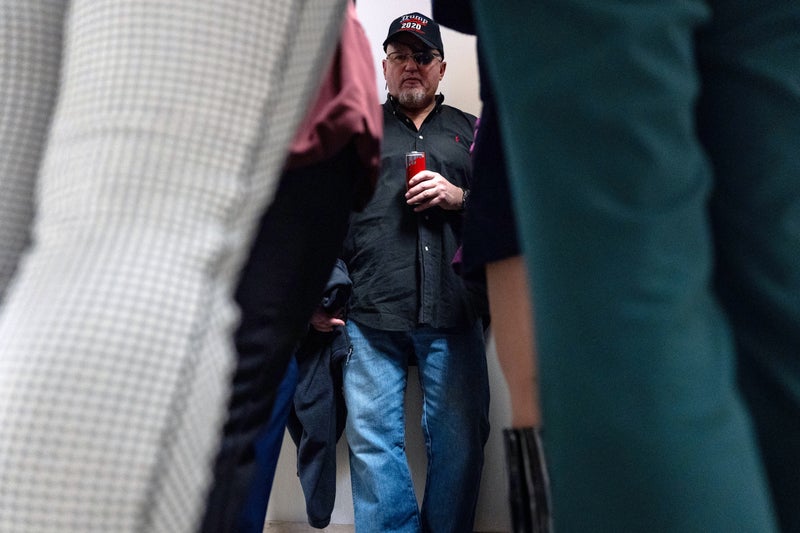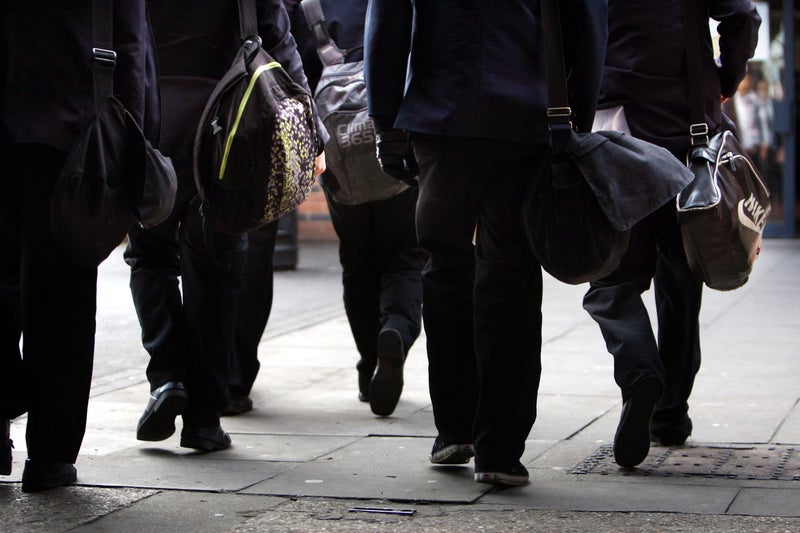How touchy-feely parenting and therapy have created the loneliest, most helpless, depressed and fearful young people ever. ABIGAIL SHRIER reveals six 'bad therapy' tactics that could be harming your children
Share:
When we were little, my brother and I were occasionally smacked by our parents. Our feelings weren't considered over important decisions: where we would go to school, how often we visited our grandparents, what sort of clothes we'd wear. If we didn't like the food set out for dinner, no alternative menu was offered. If we lacked some 'right' to express ourselves, it never occurred to us to question it.
But as millions of women and men my age – I'm now in my mid-40s – entered adulthood, we signed up for therapy. We explored our childhoods and learned to see our parents as emotionally 'stunted'. We vowed that our child-rearing would be different. We would cherish our relationship with our children and tear down the barrier of authority that past generations had erected between parent and child.
More than anything, we wanted to raise 'happy' kids. We looked to the experts for help and devoured their bestselling parenting books. We never, ever smacked. An ideal childhood meant no pain, no discomfort, no fights, no failure – and absolutely no hint of 'trauma'.
But the more closely we tracked our children's feelings, the more difficult it became to ride out their momentary displeasure. The more closely we examined our kids, the more glaring their departures from an endless array of targets – academic, social and emotional –appeared.
. In a panic, we rushed them to mental health professionals for testing, diagnosis, counselling and medication. We needed our children and everyone around them to know: they weren't shy, they had 'social anxiety disorder'. They weren't poorly behaved, they had 'oppositional defiant disorder'. They weren't disruptive students, they had 'ADHD'. It wasn't our fault, and it wasn't theirs.






















